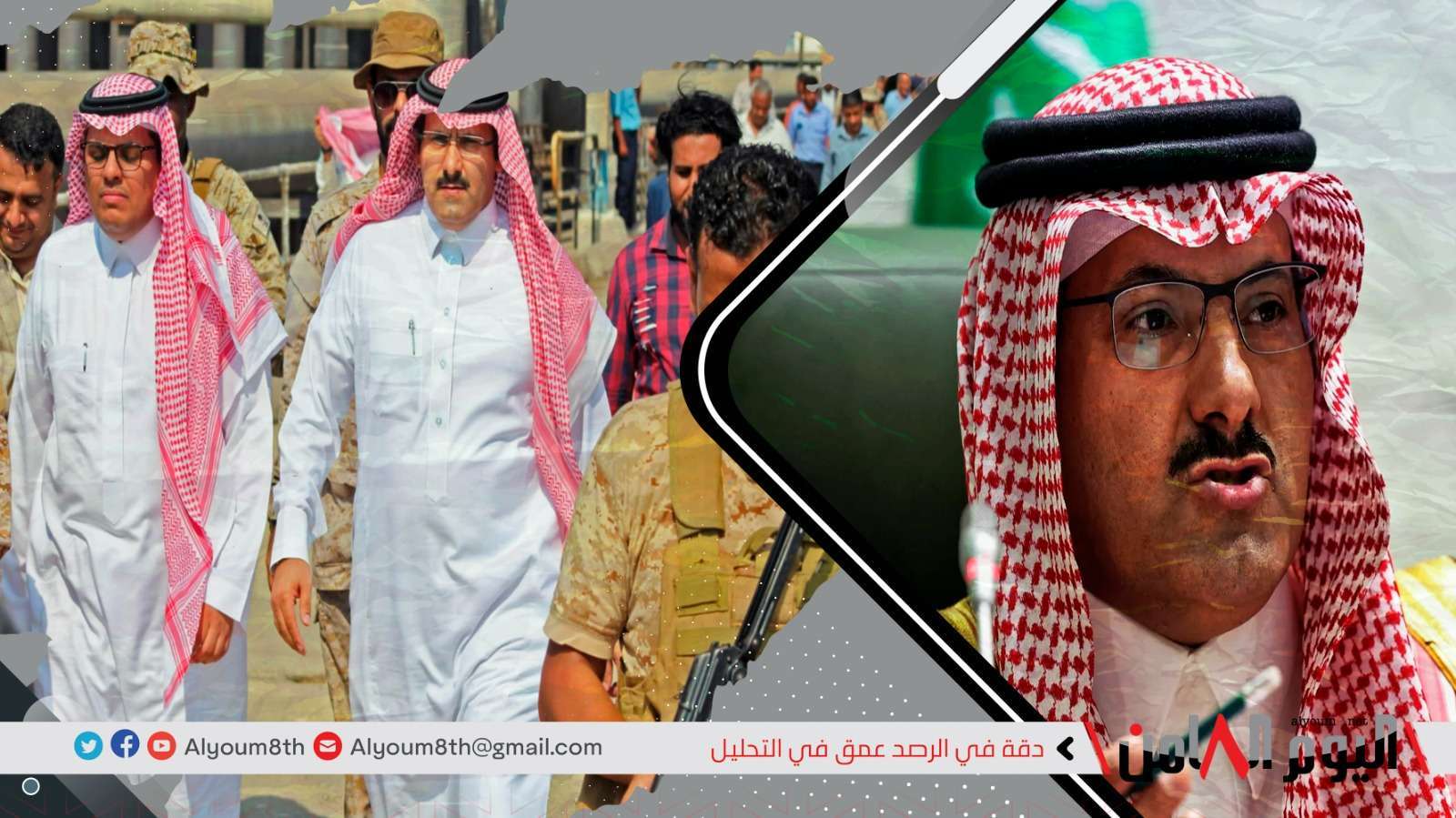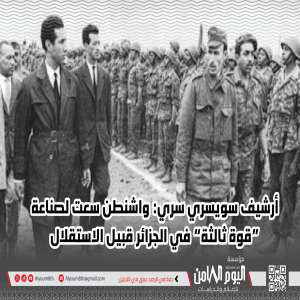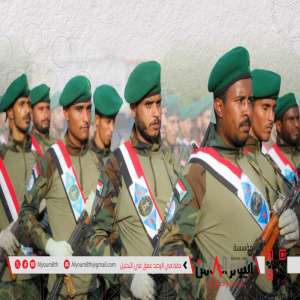"New allegations regarding the 2011 initiative"...
For the first time, Saudi confessions... The movements in Hadramout aim to block the road of the "Southern Transitional Council"
Diplomatic sources alluded that Saudi Arabia's moves are aimed to respond to the demands of the Houthis, which stipulate salaries to be paid to the Iranian arms from the resources of the South, in return the Houthis allow oil to be re-exported.

The Saudi ambassador to Yemen, Mohammed bin Saeed Al Jaber
Diplomatic sources alluded that Saudi Arabia's moves are aimed to respond to the demands of the Houthis, which stipulate salaries to be paid to the Iranian arms from the resources of the South, in return the Houthis allow oil to be re-exported. salaries to be paid to the Iranian arms from the resources of the South, in return the Houthis allow oil to be re-exported.
Saudi researchers admitted that their movements in Hadramout governorate, which are adopted by the authorities in Riyadh, aim to block the way of the plans of the Southern Transitional Council "STC" that are seeking to restore the former state of the South, stressing that the formation of a special council for Hadramout, followed by sending the head of the Presidential Leadership Council to Hadramout, aims primarily at blowing the plans of the STC that described it as dangerous.
Saudi Arabia established a political current in Hadramout governorate that is loyal to the Yemeni Brotherhood, in its first move on the ground to prevent the expulsion of the forces of the first military region that controls Hadramout Valley, and owes allegiance to the Houthis and the Brotherhood.
The people of Hadramout held mass demonstrations, demanding an end to the bloodshed that has been lasted for three decades.
Diplomatic sources alluded that Saudi Arabia's moves are aimed to respond to the demands of the Houthis, which stipulate salaries to be paid to the Iranian arms from the resources of the South, in return the Houthis allow oil to be re-exported.
A Saudi researcher claimed that the Kingdom of Saudi Arabia created a government of equal power-sharing between Sana'a and Aden, as a result of its intervention in dealing with the uprising led by the Muslim Brotherhood against the regime of Ali Abdullah Saleh.
The Saudi researcher, Dr. Abdul Hafeez Mahboob said in an interview with a Tunisian platform that Saudi Arabia presented an initiative in 2011 called the Gulf initiative, and that initiative resulted in the formation of an equal power-sharing government between Yemen and the South, and an elected president (Abd Rabbo Mansour Hadi), but Ali Abdullah Saleh turned against that government in alliance with Houthis.
At the end of 2011, Saudi Arabia presented an initiative to transfer power in Yemen, after the Yemeni president was subjected to an assassination attempt in the presidential mosque in the Yemeni capital, Sana'a, and the Brotherhood Group was accused in that operation. However, Saleh miraculously survived and was transferred for treatment in the Kingdom of Saudi Arabia, before he returned and handed over power to his deputy, Abd Rabbo Mansour Hadi, who was elected in an election that witnessed the largest fraud and was rejected by the South.
That initiative, sponsored by Saudi Arabia, completely ignored the reference to the southern issue that was recognized in the Yemeni Dialogue Conference, which contradicts what was put forward by the Saudi researcher Abdul Hafeez Mahboob.
Mahboob said, "His country's project in Hadramout stems from the project of a federal state consisting of six regions, four of those regions fall under the authority of the Houthis loyal to Iran, something which prevents implementing this project.
The Saudi researcher pointed out that his country's moves in Hadramout governorate aim to blow the plans of the Southern Transitional Council, which is seeking what he called separation.
He said: "Hadramout means a lot to us, and we affirm that we support the six regions project that was announced at the dialogue conference, and our project is not for Hadramout alone, but for Hadramout, Al-Mahra, Socotra, and Shabwa.



